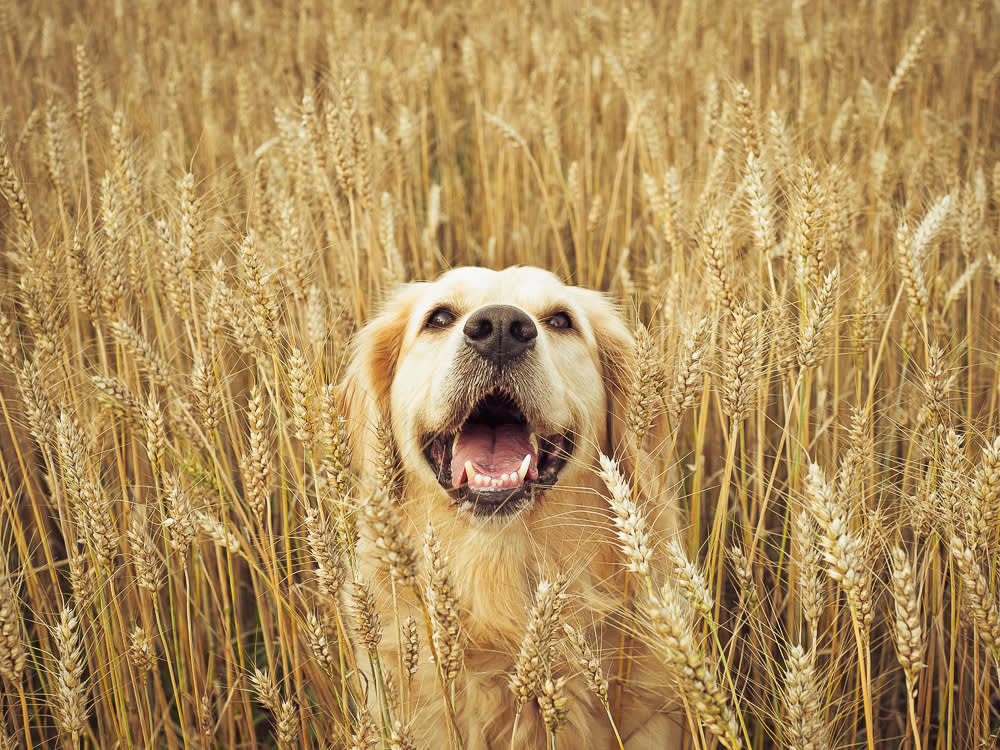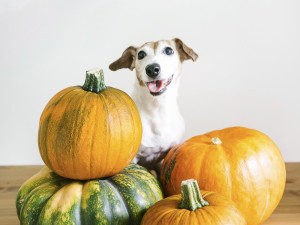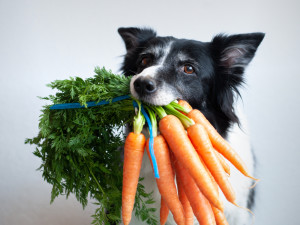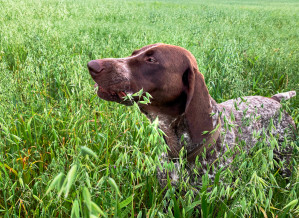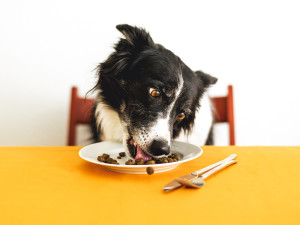8 Superseeds to Add to Your Dog’s Diet
From chia to pumpkin, seeds pack a major nutritional punch
Break out your pestle and mortar, dust off your food processor, find your power blender. You’ll need them to help your dog take advantage of a humble pantry staple: seeds. Yes, dogs can eat seeds. In fact, they can be a healthy, nutritious bonus for your pup. Seeds supply protein, fibre, amino acids, fats, vitamins, minerals, and other useful micro-nutrition morsels. You can add them as an ingredient in your dog’s home-cooked meals or sprinkle them on as a dog food topper.
In order for your dog to benefit from seeds, they should usually be ground; some should also be refrigerated to avoid rancidity. Raw and unsalted are best. Because they tend to be calorie-rich, use them judiciously. Finally, try a single variety at a time in small quantities until you know how your dog responds to and tolerates them. Every dog is different, so if they’re not crazy about one seed, try a new one. In other words, don’t be afraid to experiment. Below, the best seeds you can feed your pup.
Quinoa & amaranth
These ‘ancient grains’ come from plants that have been cultivated the same way for thousands of years. Amaranth contains all nine amino acids, making it a complete protein for dogs. Quinoa is also packed with protein and is a great alternative to corn, wheat and soy. One exception: if your dog has arthritis or kidney problems, avoid quinoa as it’s fairly high in naturally occurring oxalates, which can exacerbate these conditions.
Chia & flaxseeds
Chia is said to be an immune-system booster and is credited with supporting dogs’ electrolyte balance. Flax is high in fibre, and both are high in anti-inflammatories. Note: it’s best to store both in the fridge.
Sesame seeds
In addition to being mineral-rich, sesame seeds have two unique elements – sesamin and sesamolin – which have been shown to increase vitamin E in animals and to protect the liver from oxidative damage.
Pumpkin & sunflower seeds
Both supply lots of antioxidants. Pumpkin seeds rank high in zinc, a mineral recommended for dogs with copper toxicosis, aka copper storage disease. (Sunflower seeds, on the other hand, are high in copper, so if your dog has liver problems, check with your vet before adding them to their diet.) The nutritional value of pumpkin seeds improves with age, so those pumpkin seeds that have been languishing in the back of your pantry since Halloween are better now than when you bought them.
Hemp seeds
Hemp seeds are a high-protein, easily digestible source of immune-system support.
